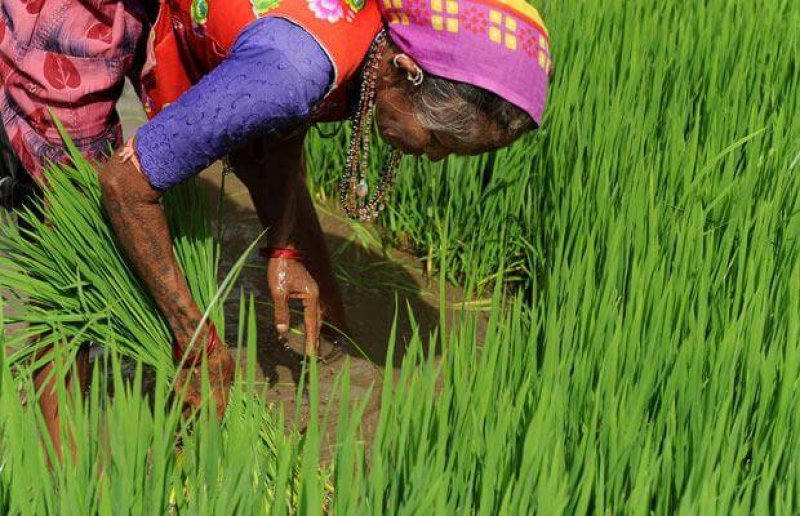Scientists from China National Rice Research Institute reported that FLN2, a gene that encodes fructokinase-like protein2, influences sugar metabolism as well as rice plant’s response to salinity stress. The results of their study are published in Biomolecules.
Several mutagenized rice lines were grown under high salinity conditions to pinpoint the genes needed for the expression of salinity tolerance. Some rice lines with mutation in FLN2 showed susceptibility to salinity stress. Wild-type rice lines exposed to salinity stress showed up-regulated FLN2, while CRISPR-Cas9-generated lines with dysfunctional FLN2 exhibited hypersensitivity to salinity stress. Furthermore, sugar metabolism was reduced in the knockout line than in wild-type plants. This may imply that the compromised salinity tolerance in FLN2 knockout plants was caused by the shortage in assimilate needed for growth.
The researchers concluded that FLN2 is vital in seedling growth as well as in tolerance to salinity stress.
Read full, original article: Crop Biotech Update January 8, 2020































